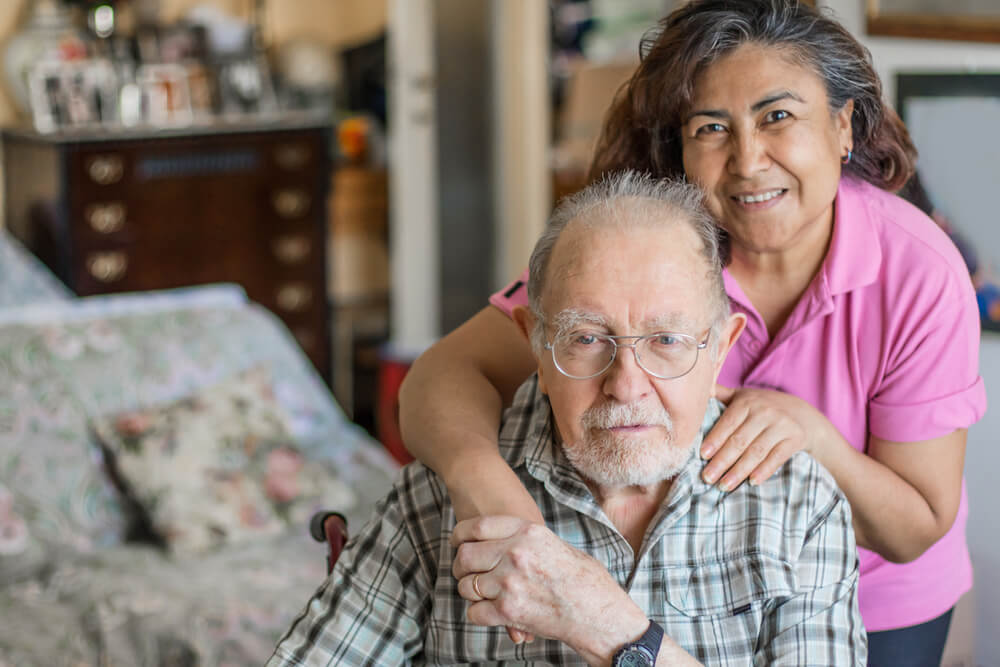We spend most of our lives making our own decisions, from big issues to day-to-day concerns. Eventually, many people need help making decisions due to a medical condition that compromises their ability express their wishes. Or they want help supporting their plans for aging in place.
That’s when having an advocate, also known as a “patient advocate,” is important. An advocate helps uphold your rights and provides support in a medical setting. It can be a spouse, child, parent, sibling, relative or friend.
If you want to designate an advocate, or someone has asked you to be their advocate, here are four things you should know.
1. Know your role
An advocate serves as the “middleman” between a loved one and the people providing their health care. You speak on their behalf when they can’t speak for themselves, for instance when they’re in the hospital, assisted living facility or a nursing home.
Your role as an advocate starts with a conversation before your loved one needs support. Here are a few steps to get started:
- Discuss your loved one’s preferences about their medical treatment.
- Talk about end-of-life wishes. It’s a hard conversation, but it’s important to know how to make the right decisions on their behalf.
- Document their wishes so medical teams can act in accordance with what they’ve decided for themselves.
2. Pay attention and take detailed notes
If your loved one has a chronic health condition, try to keep track of their illness. Documenting their symptoms and tracking their treatments and medications provides important information for the medical professionals providing their health care.
3. Ask and answer questions
Sharing and gathering information is central to an advocate’s role. That’s especially important if your loved one has been admitted to the hospital with a sudden illness or injury. In the event of an emergency, you should be able to provide the nurses and doctors with background information including their medical history.
You should also ask questions to clarify anything you don’t understand about your loved one’s care including the purpose of tests and procedures, as well as follow-up care requirements.
4. Speak up
It takes courage to be an advocate. Don’t be afraid to speak up. If you or your loved one don’t feel comfortable, or if there’s uncertainty about their care, express those concerns to the medical staff so they can address the issues. You can also share your perspective on your loved one’s health, wishes and living conditions. That information gives medical staff insights they might not otherwise know. Being an advocate is a challenging and meaningful role that helps improve your loved one’s overall care and comfort.
Mom's Meals® can help
Advocates may also need to help their loved ones find ways to help them age in place successfully. Nutrition is a big part of the equation. As a leading national provider of refrigerated, home-delivered meals that are ready-to-heat-and-eat, we make mealtime more convenient and delicious.
With 60+ meal options to choose from, including nine condition-specific menus, your loved one chooses every meal in every delivery. That also means they are more likely to eat all their meals and get the nutrition they need, to help them remain more independent. Some individuals may qualify to receive Mom’s Meals at little or no cost.



